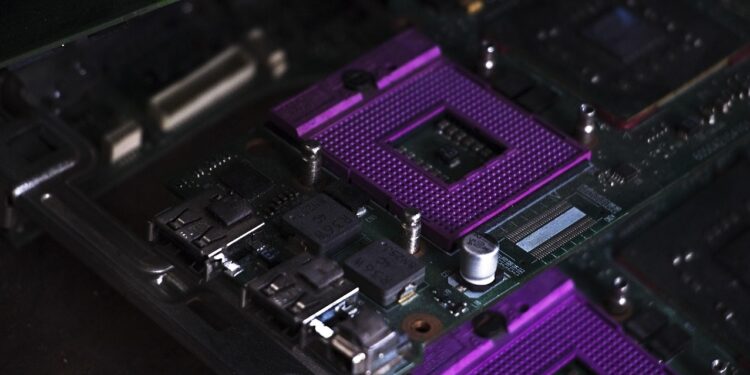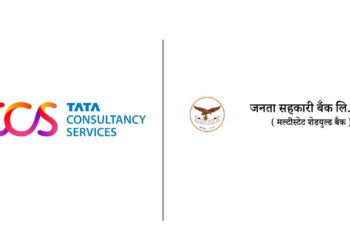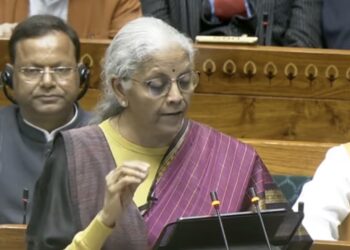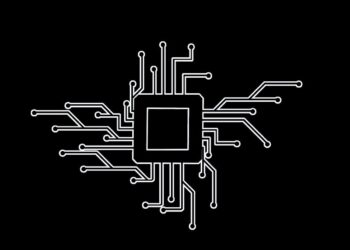The Indian government has cleared 4 semiconductor projects worth an estimated ₹4,600 crore. These projects have been proposed by companies like SiCSem, Continental Device India Private Limited (CDIL), 3D Glass Solutions Inc., and Advanced System in Package (ASIP) Technologies.
The announcements were made after a meeting of the Union Cabinet and are part of the India Semiconductor Mission (ISM), a national program aimed at making India a strong competitor in the global semiconductor market.
While details around plant capacities and specific technology nodes remain undisclosed, officials confirmed the projects will be spread across multiple states and involve a mix of domestic firms and global partners.
Why are Semiconductors Important?
Semiconductors, which are tiny electronic components used in many devices, are crucial for modern technology systems and economies. Pandemic outbreak, global tensions, and political influences have shown that depending too much on suppliers from other countries can be risky. For India, these new projects are not just about building a strong industry but also about ensuring reliable supply chains.
If done correctly, these projects might help India become an alternative supplier in the global market, providing options besides the well-known manufacturers in East Asia. This could change how the industry works over the next decade.
Yes, ₹4,600 crore is significant, but it’s modest compared to the multi-billion-dollar investments seen in Taiwan, South Korea, or the US.
The move signals India’s intention to join the global semiconductor industry. But the question remains: can policy support, incentives, and growing domestic demand bridge the massive gap between aspiration and competition?
The answer will depend on execution, supply chain integration, and the ability to attract high-value manufacturing partnerships.
Also Read: Why Even One Unpatched Device Can Be a Catastrophic Risk for Startups and SMBs























